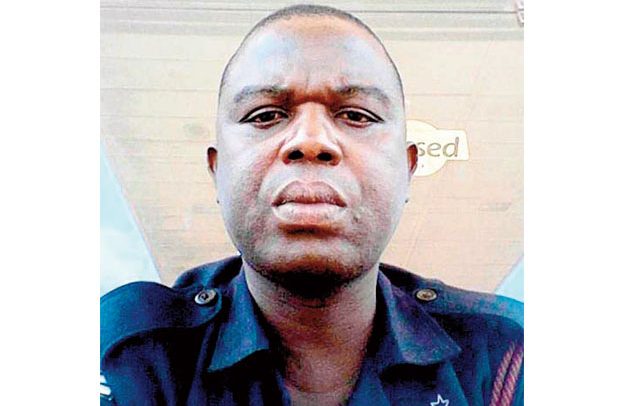Mental health is still confined to the backburners. Hardly is it considered as much a public issue as other ailments such as malaria, high blood pressure or even diabetes.
Unfortunately, the effects of mental health have been devastating as evidenced from occasional bizarre stories about suicides appearing in the media.
When a police officer, a Sergeant orders his family out of the room lest he kills all of them and subsequently shoots himself in the throat as reported in the media few days ago, something was definitely wrong with him mentally.
It is also obvious that symptoms of this challenge manifested in varied forms over a period of time without being noticed by persons close to him. Such close persons were his immediate family members or even his colleagues and superiors.
When people show symptoms of malaria or even other ailments, their friends would easily ask them whether something is wrong with them. Symptoms of mental challenges are, however, ignored because pointing out these would easily impact negatively upon relationships.
The foregone is so because there is dearth of education about the telltale signs of mental health challenges and how to respond to them. By the time the little symptoms ignored at first become full-fledged, it would be too late as the victim ends up committing suicide as in the case of the Nungua police officer or other instances of similar circumstances or even killing others.
It is instructive that the Ghana Police Service has posted an unenviable number of suicides by officers in the past few years and it is mind-boggling. Last year, a female police inspector was found dead in her room under strange circumstances in Nungua.
Earlier a female officer shot herself in her room in the Upper East Region; that too prompting, expectedly, questions about what could have gone wrong and whether the signs were not obvious for help to be provided the lady. We recall also the cop in Tema who shot dead some members of his family before committing suicide.
There are a few other instances which would require time to fish out. Suffice it to point out though that like one psychiatrist noted ‘there are as many mentally challenged persons in the streets as there are in the confinement of our psychiatric facilities.’
In spite of this reality, not much has been done to reverse the status quo. This is the umpteenth time that we are commenting about the neglect of mental health and how the fallouts are evidenced in the avoidable suicides – especially by law enforcement officers.
Let us put it out another time that because of the weapons they handle, cops must be constantly watched by their commanders or even colleagues. Any noticeable mood swings should be sufficient to trigger an alarm bell and the need to have victims directed to a psychiatrist. Of course, such persons should be taken off duties requiring the bearing of firearms if they are law enforcement officers.
The National Mental Health Authority has been set up to deal with mental health of Ghanaians. This is a welcome response but as to whether the authorities there do not have a story about their debilitating challenges is another kettle of fish.
We expect the authorities to step into this now rising incidence of suicides especially in the police service with a remedy.
Embarking upon a major education regarding what constitutes mental health challenges and how to seek professional intervention is important and should be considered a matter of urgency.


